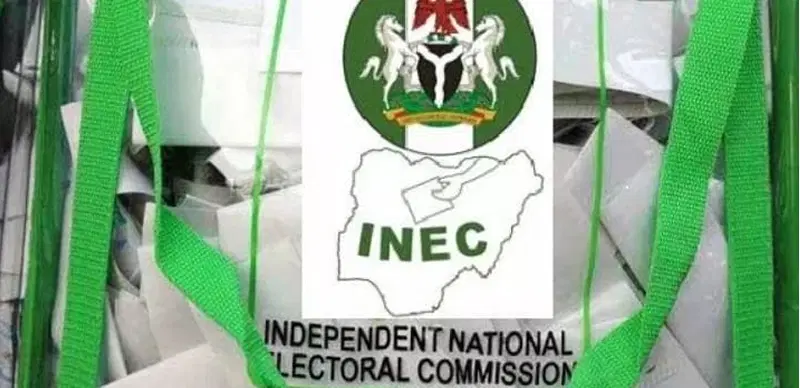The Federal Government recently established the South East Development Commission (SEDC), with Vice President Kashim Shettima announcing its headquarters in Enugu. Abia lawmaker Chris Nkwonta has been appointed as the Chairman of the House Committee for the commission. As these structures are put in place, the board and members of the commission may soon be constituted. SEV is engaging residents and stakeholders in the region to set the development agenda for the commission.
SEDC SHOULD CONSIDER DREDGING RIVER NIGER, BUILDING SEAPORTS, RAIL LINES — ARCHBISHOP OPOKO
Archbishop Raphael Opoko of the Methodist Ecclesiastical Diocese of Umuahia has urged the commission to focus on building a seaport and interstate rail lines to connect the South East states, as well as dredging River Niger, Ugwuta Lake, and the Azunmini Blue River in Ukwa, Abia State. He believes these initiatives would boost the economy, create jobs, and enhance commercial activities.
He commended President Tinubu and Deputy Speaker of the House of Representatives, Hon. Ben Kalu, for the establishment of the commission, while also emphasizing that funding it is crucial. Opoko noted that many roads in the South East are in poor condition and need to be rebuilt. He added that the SEDC should prioritize the energy sector by building a power plant, akin to the Geometric project in Aba, to aid in the industrialization of the region.
SEDC SHOULD ADDRESS CIVIL WAR RESTITUTION — CHEKWAS OKORIE
Prominent Igbo leader Chief Chekwas Okorie stated that the commission should serve as a vehicle to address the reconstruction, rehabilitation, and reconciliation (3R) policy for the South East region post-civil war. He emphasized that the commission is tasked with addressing the infrastructural deficits in the area that have worsened since the civil war ended in 1970, including damages caused by erosion.
GOVERNOR OYEBANJI HIGHLIGHTS INTELLIGENCE FAILURE IN SECURITY CRISIS
Governor Biodun Oyebanji of Ekiti State has identified intelligence failure as a significant factor contributing to Nigeria’s security crisis. Speaking at the Nigeria Police Force Stakeholders’ Forum on the security of schools, he emphasized the importance of anticipating threats rather than solely responding to attacks. Oyebanji, represented by his Special Adviser on Security Brig. Gen. Ebenezer Ogundana (retd), noted the need for the police to enhance planning and intelligence-gathering efforts to effectively combat criminal activities.
He highlighted the collaboration with security agencies to identify high-risk schools in Ekiti State and ensure their protection through patrols, stating that there should be zero tolerance for criminal elements targeting educational institutions.
In his remarks, National Coordinator of the Schools Protection Squad (SPS), CP Lanre Ogunlowo, explained that the initiative aims to create a secure environment in schools. Ekiti State Commissioner of Police Akinwale Adeniran praised the IGP for selecting Ekiti as the first beneficiary of the initiative in the southwest region, viewing it as a crucial step toward ensuring the safety of students and teachers.
REFLECTION ON POLITICAL PARTIES AND ELECTION OUTCOMES
In a recent article, I discussed the necessity for political parties to introspect and reform, particularly in light of the Edo governorship election. I emphasized that we cannot solely blame the Independent National Electoral Commission (INEC) for every electoral loss while ignoring the internal flaws of political parties.
As the Ondo governorship election and the 2027 general elections approach, it is essential to engage in discussions that clarify the factors behind electoral outcomes. Elections are a process involving various stages, from voter registration to voting day, and the actions of political parties and politicians significantly influence results.
Unfortunately, many Nigerians overlook the ongoing factional and leadership crises within political parties. With some parties facing over a hundred legal cases regarding leadership disputes, this instability will likely affect their performance in future elections.
It is crucial to promote fact-based discourse to mitigate misinformation and foster a more engaged electorate. While acknowledging that our electoral process is not perfect, it is important to recognize the progress made in recent years. Misattributing election-related issues to INEC’s oversight fails to address broader societal challenges that require collective solutions.
Critics who label elections as the “worst” in history often do so out of ignorance or partisanship. As we move forward, it is vital to highlight areas for improvement while also recognizing the advancements we have achieved in our electoral process.

